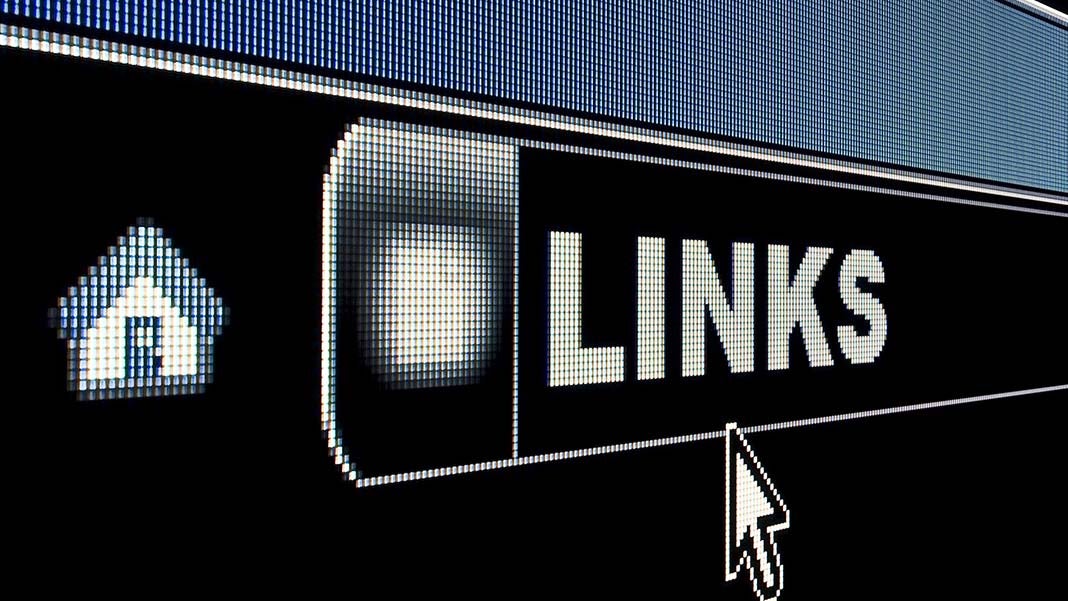
What is the purpose of backlinks, and why should you use them in your content? Generally, backlinks can serve the following purposes:
- Increase the number of visitors to a site.
- Improve search rankings.
- Credit references for figures, data and statements.
Your website opens your business to a potential market that reaches billions of readers every single day. There are millions of websites online and the vast majority of people and businesses in general depend on the internet for information. Similar to the brick-and-mortar world, the success of your online business depends on the reputation you build.
Put simply, you should not put up a website and become unmindful of the content that you put out. In a tightly competitive world that has grown increasingly global with the explosion of the internet and the influence of social media, your reputation becomes a function of your credibility and expertise. Once you post your content, it becomes accessible to everyone who has a computer, an Internet connection or a smart phone.
Search Engine Optimization or SEO works to have your website be found. But the more important step is to develop and maintain patronage on your website.
Crafting relevant and engaging content is another prescribed method in building search rankings. More importantly presenting brilliant content can build patronage. But despite having a well-thought of and structured content, you still need to develop credibility.
This is where backlinks come in.
So what does your website’s backlink tell about your business?
Your Brand
Brand building is an important step in developing your online business. Most business owners do not prioritize brand building because they are not aware of how to proceed. They believe it should take place only when the business starts gaining momentum or traction. But the brand represents your business. Without a brand, your target market will fail to identify with versus your competitors.
Related Article: A Quick Guide to Website Personalization
Backlinks help build your brand by associating with other brands or businesses that are in the same industry or practice. Backlinks build greater brand recognition when more and more people come across it from other sites. Even with backlinking, you cannot be assured the hyperlink will be clicked upon 100% of the time. But having backlinks definitely increases the probability of viewership than having no links at all.
Your level of authority
Backlinks are effective in enhancing your reputation as an authority or expert in the industry. When your website is cited as a reference it shows great confidence in the material or data that you have put out.
Remember, yours is not the only website that offers those products and services or shares this type of information. There are nearly a billion websites operating every single day. If yours was chosen as a reference link among the million other sites, this goes to show how other sites value your expertise.
Your level of authority carries over in establishing your brand because you are your brand.
Your popularity
Creating backlinks is an effective strategy for SEO because it theoretically increases the amount or volume of traffic to the website. The more backlinks are connected to your website, the higher the expected viewership and number of visitors. Another important item to note about backlinks is that these help build relationships and partnerships on the Internet.
When you are building an online business, these relationships are important because once forged, you will be able to capitalize on social networks that have wider scope and greater value. Thus, these collectively will carry over to the promotion of your website.
However, since Google changed its algorithm, websites that were found to utilize paid links or integrated an excessive quantity of unnatural links were either shut down or penalized with lower search rankings.
Does this mean the once-mighty backlink has outlived its purpose? No, because websites still need backlinks to give it credibility. Even Google’s own Engineer, Matt Cutts, stated, “backlinks still have many, many years left in them.” The focus of Cutts’ drive to penalize excessive backlink usage is to strike a balance on whether these links are truly relevant to the website or not.
While Google’s jury is still out on its final verdict regarding backlinks, you can be assured the strategy will be here to stay. If you are competing for search rankings over at Google, it would be best to stay informed on the types of links that the search engine giant clearly abhors. These are as follows:
- Paid links. These are links that are paid for in goods and services, not necessarily with cash. The purpose of the paid link is to increase the number of mentions as well as visibility on the site.
- Unnatural Link Exchanges. Google defines an “unnatural link” as one where there is no clear established relevance or relation between the websites. An example would be a cigarette brand to a health and fitness website.
- Guest posting campaigns. Generally, guest-posting is an accepted strategy in boosting a website’s online presence and enhancing business reputation. But Google has found a number of websites that use guest-posting to accumulate more links, some of which are unnatural.
- Tool generated links. Sooner or later we should expect technology’s powers to crossover crass commercialism. Google is aware that the Internet has been inundated with tools, programs, services and processes which guarantee its user greater number of links. Once again, Google raises the flag on organic search.
Backlinks will continue to maintain a measure of relevance in the online marketing tool chest. However, these will be more subject to scrutiny as the search engines advocate authenticity in the Internet.
 Author: Felix Tarcomnicu is an SEO and blogger. He wrote a popular guide teaching people how to build backlinks and also an article about how to rank number one in Google.
Author: Felix Tarcomnicu is an SEO and blogger. He wrote a popular guide teaching people how to build backlinks and also an article about how to rank number one in Google.
98600 Views












